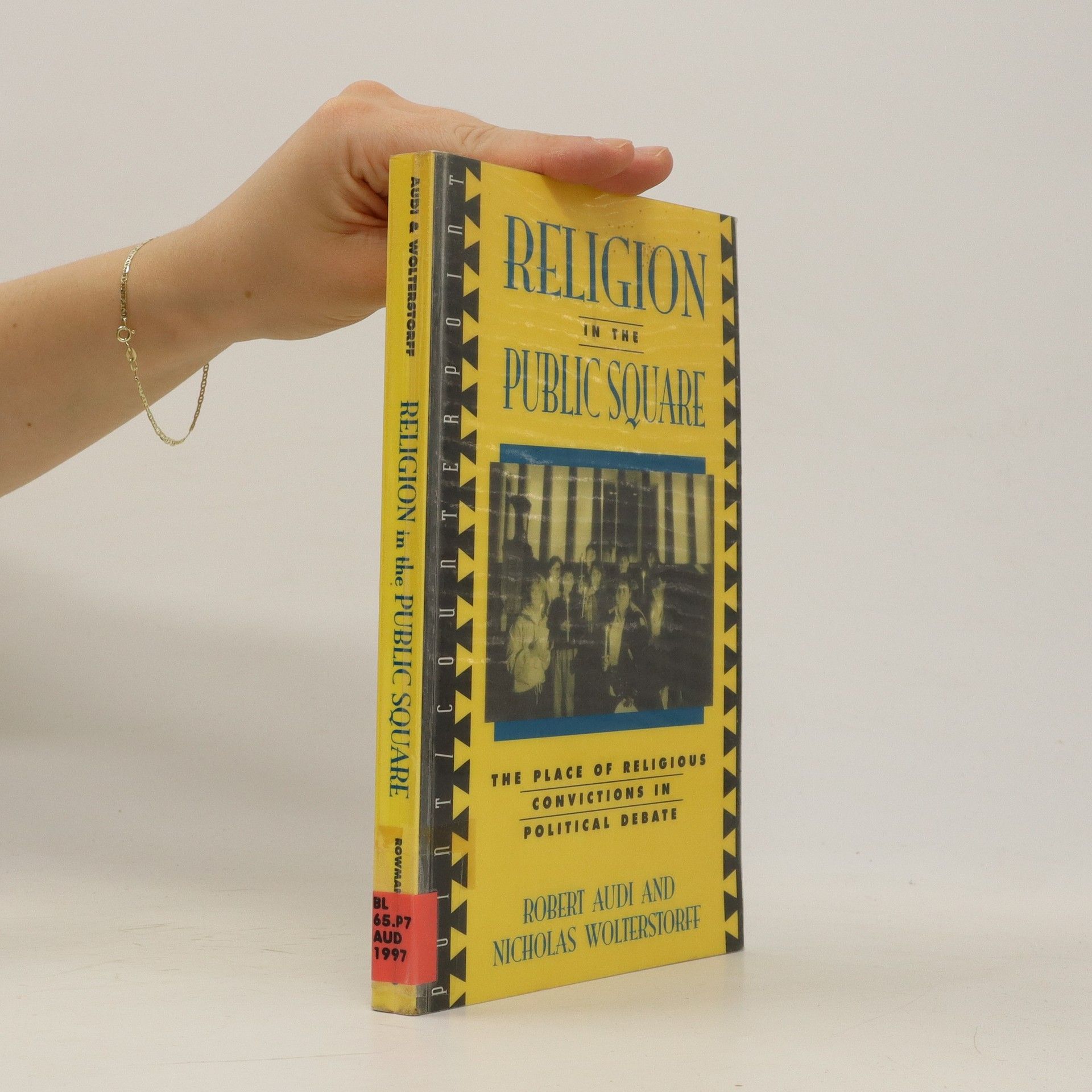John Locke and the Ethics of Belief
- 272 Seiten
- 10 Lesestunden
The book delves into Locke's ethics of belief as presented in his "Essay Concerning Human Understanding," focusing on how he addressed the fragmentation of moral and religious traditions in Europe. Wolterstorff emphasizes Locke's call for individuals to prioritize reason and direct experience over tradition, reflecting a culturally responsive epistemology. The study also critiques Hume's challenges to Locke's views while asserting Locke's originality and significance in shaping modern philosophy, particularly in light of the cultural crises of his time.


